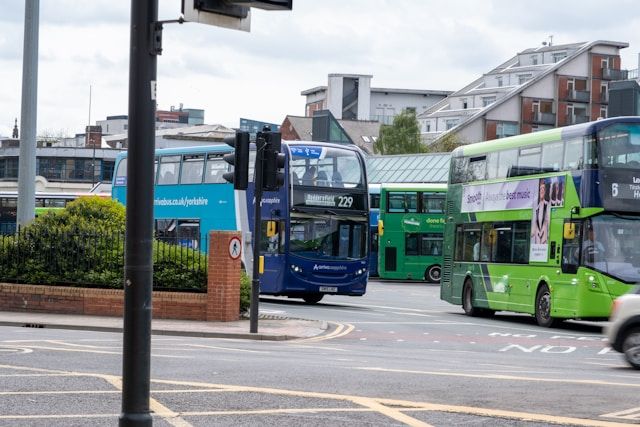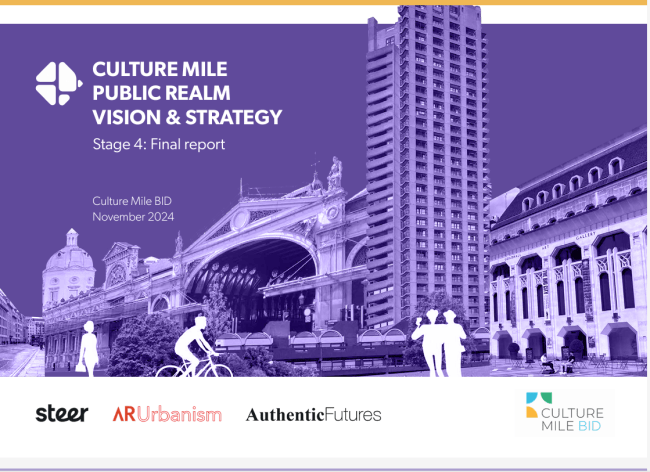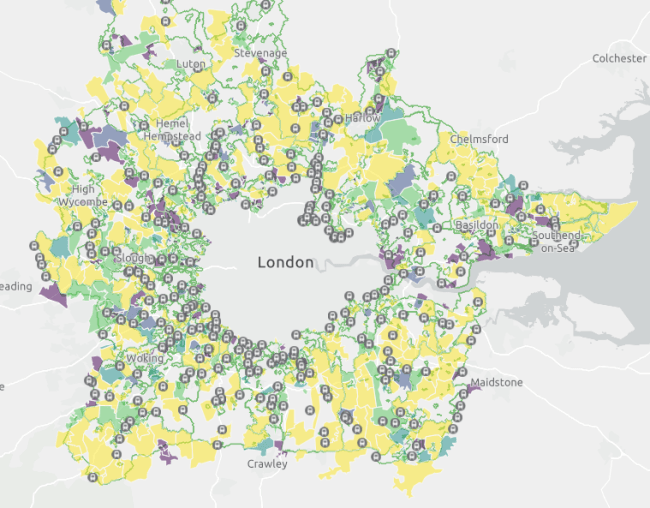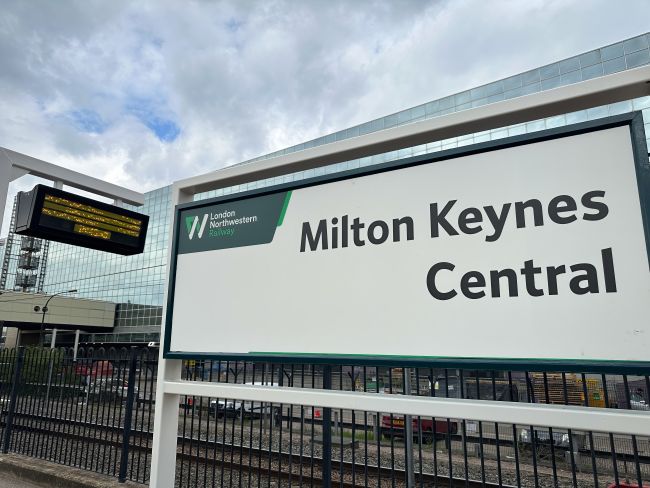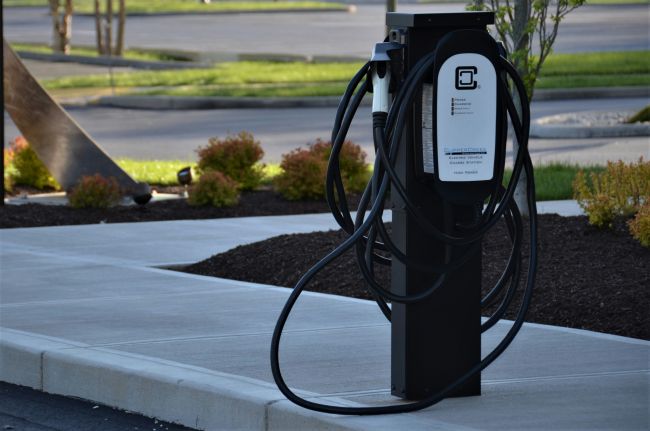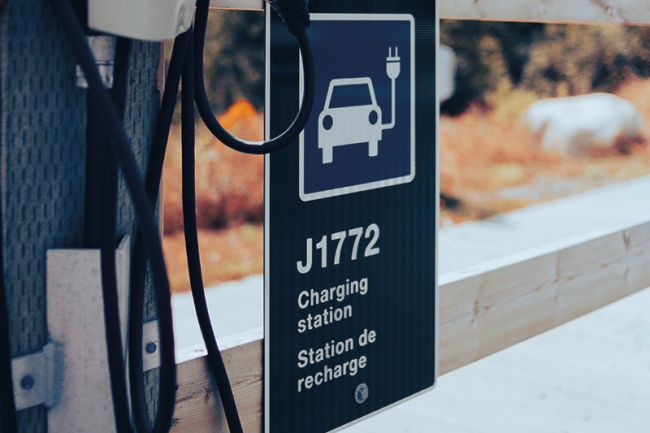The importance of resilience
There is an increased focus on transportation system reliability during, and following, devastating weather events.
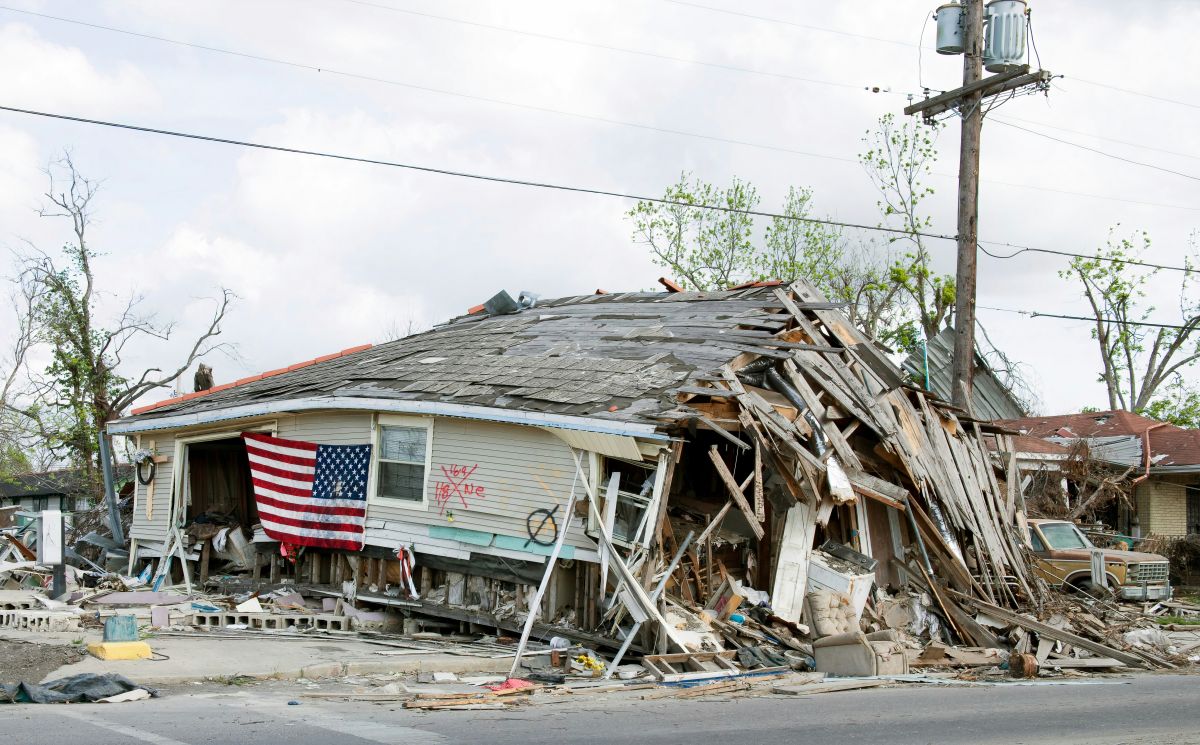
In the wake of natural disasters such as Hurricanes Sandy, Irene and Katrina, there is an increased focus on transportation system reliability during, and following, these devastating events.
This resiliency is increasingly considered when assessing transportation projects. Resilience projects can range from protecting existing transportation infrastructure to providing for rapid deployment of temporary transportation options in response to service disruptions. Hurricane Sandy illustrated how crucial such services can be: following the hurricane, temporary transportation services (notably passenger ferries) were deployed to compensate for the massive disruption of New York’s subway system.
In response to the widespread damage caused by the storm, the Federal Transit Administration (FTA) is providing $3 billion of funding for capital investments that increase transit system resiliency in the face of natural disasters. The FTA’s strategy is to allocate resources to projects that cost-effectively reduce the risk of damage from natural disasters. The benefits attributed to increased resiliency include reduced risk of infrastructure damage costs as well as reduced social costs such as travel disruptions. In addition, the FTA recognizes that resilience investments may also generate benefits, such as travel time improvements, even in non-disrupted situations.
Steer Davies Gleave was asked to provide technical support to the New York City Department of Transportation in measuring the costs and benefits of a project proposed to the FTA for funding. The project involved purchasing three new vessels for the Staten Island Ferry and improving a number of ferry landings. A major benefit of the project is the system redundancy that it provides: Should a future storm damage the subway tunnels under the East River, these vessels (with a capacity of 4,500 passengers) could be deployed to carry passengers across the river. Our analysis showed that the social benefits of this redundancy in the event of a major disruption were over $100 million.
The assignment illustrates two important trends: First, awareness of the potential impacts of future storm events is increasingly prevalent. Second, transportation projects’ contribution to system resiliency is becoming an important aspect of how they are evaluated. This extends beyond investments that are directly tied to hazard mitigation, such as reinforcing storm walls, to those that provide redundancy in the event of a major disruption; this broader perspective could lead to a considerable change in transportation planning more generally.
